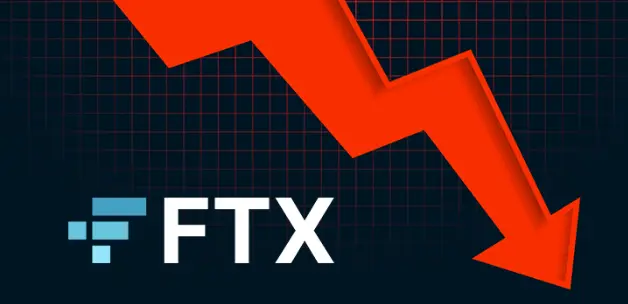
UK bank Santander is set to block real-time payments to crypto exchanges next year. According to an email to customers first reported by Reuters, the move is intended to protect consumers from scams. Santander has not said when in 2023 the change will take effect. In the short term, the bank is going to enforce a more limited set of restrictions. From November 15 onwards, payments to cryptocurrency exchanges using mobile and online banking will be limited to £1,000 per transaction with a total limit of £3,000 in any rolling 30-day period. The new rules will not impact the ability of customers to make withdrawals. “In recent months we’ve seen a large increase in UK customers becoming victims of cryptocurrency fraud,” said a Santander spokesperson. “We want to do everything we can to protect our customers and we feel that limiting payments to cryptocurrency exchanges is the best way to make sure your money stays safe.” Santander will continue to block payments being sent to Binance, in line with the UK Financial Conduct Authority's (FCA) harsh stance on the exchange, which was banned from operating in the UK in 2021 by the watchdog group. The FCA claimed the firm is “not capable of being effectively supervised” and its “complex and high-risk financial products” pose a significant risk to consumers. Santander’s policy seems to be in line with the FCA’s cautious recent approach to crypto. In August 2022, the FCA announced plans to tighten up its rules on crypto advertising significantly, bringing these in line with the regulations governing traditional securities such as stocks and bonds. Santander isn’t exactly unique among the British High Street banks in taking a prohibitive approach to crypto transfers. Almost half—47 percent—of the UK’s major banks do not support cryptocurrency according to data from the price comparison site Finder. This group is mainly composed of traditional high street banks such as Lloyds, Nationwide, HSBC, and TSB Bank, but also includes some of the newer crop of “challenger banks” such as Starling Bank. But not all UK banks are pulling back from crypto. Neobank Revolut, which has been operating in the UK since 2015, recently launched a card that allows users to pay in crypto for their goods and services. Revolut’s “spend from crypto” feature enables users to choose crypto from over 1,000 tokens and enables users to get cash back on their purchases. By Will McCurdy, https://decrypt.co/113702/uk-bank-santander-will-block-payments-to-crypto-exchanges




